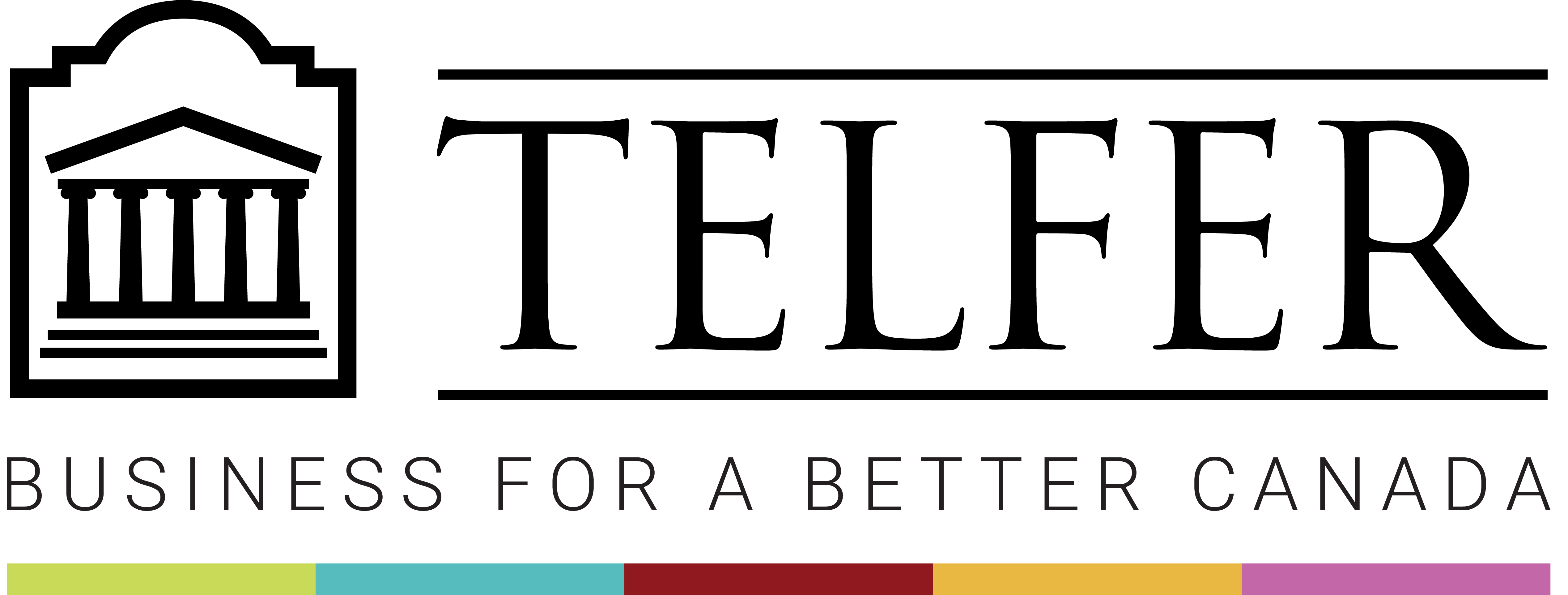In her Management Teaching Review article titled Enhancing Simulation Learning With Team Mental Model Mapping, Sonia Goltz examines ways to improve learning from simulations. Focussing on mental model games, she argues that they “introduce self-directed student learning about the relationship between their decisions and the outcomes of the simulation.” (p. 212). She used and tested the effectiveness of asking students to create a mental model before and after a 9-week simulation. Each team of students is provided with blank cards on which to write concepts and with arrows to link decisions to results. A scoring process used for learning purposes only underscores the importance of complexity as well as within-team agreement on the map. Teams also are encouraged to take a picture of their map. Repeating this at the end of the simulation is a starting point to a comprehensive debrief. Unlike other simulations for which the professor leads the debriefing, students discuss by comparing the two maps and discussing the extent to which their articulation of key concepts improved. The author provides directions, scoring procedures and examples. Although the article presents the use of mental maps for an HR simulation, I believe that any simulation is compatible with the addition of this before-after exercise. FC
The full reference is Goltz, S.M., (2017). Enhancing Simulation Learning With Team Mental Model Mapping. Management Teaching Review, 2(3). 211-224.


